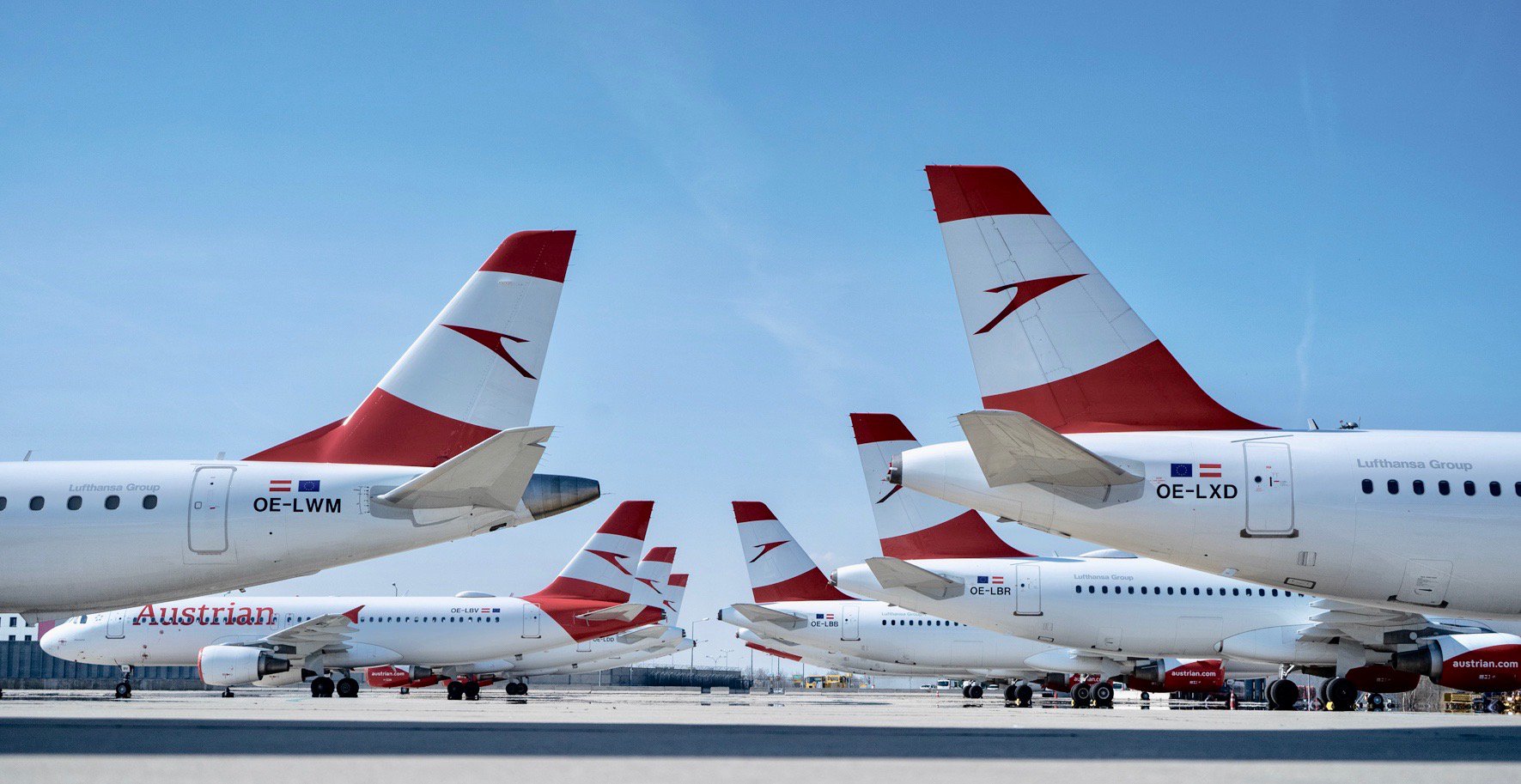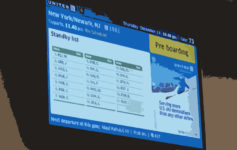
Austria and Austrian Airlines are close to finalizing a deal on state aid. Austrian will come away a big winner while budget carriers and consumers will suffer. In fact, the practical consequence of the Austrian Airlines aid package may regulate away budget carriers.
Austrian Airlines Will Receive €450 Million Government Bailout
Christmas comes early for Austrian Airlines. The troubled flag carrier of Austria will receive an aid package that includes a number of goodies:
- €300 million in state loans (90% backed by Austrian government)
- €150 million in grants
- A 10-year guarantee that Vienna (VIE) traffic will grow in proportion to Frankfurt (FRA) and Munich (MUC)
- This applies even during the summer ramp up
- Lufthansa will also invest €150 million of its own money into Austrian
33-year-old Chancellor Sebastian Kurz explained two keys of the bailout:
“For us the priority was saving Austrian jobs and in particular securing Vienna as a hub.”
“We have four strong hubs in a small space – we have Munich, we have Frankfurt, we have Zurich and we have Vienna. And since Lufthansa is a German company and the Zurich hub is extremely profitable, in Austria of course we are always slightly concerned about this Vienna hub.”
Austria will not take a stake in Austrian unless it defaults on its loan. It will, however, introduce more regulatory oversight under the guise of environmental protectionism. Austrian must increase its fuel efficiency by 1.5% per year and reduce average CO2 emissions by over 10% by 2030. The Green Party is part of the governing coalition and insisted upon these measures as a condition for bailout.
New “Environmental” Restrictions in Austrian Airlines Aid Package Will Hurt Budget Carriers, Austrian Travelers, Tourism
In a move that will not only impact Austrian Airlines, but all airlines serving Austria, the deal also includes measures aimed at climate protection.
To encourage the use of trains, shorthaul flights under 350 kilometers will be taxed an extra €30 in each direction. The goal is to discourage plane travel, a move that will hurt Austrian and its extensive shorthaul network.
But in a move that represents blatant protectionism for the flag carrier, Austria will set a price floor on tickets: the cost of a base ticket cannot be lower than the government taxes component of the ticket. In other words a ticket with €20 in taxes must cost at least €20 for the base portion of the ticket.
Expect higher ticket prices and the potential exodus of budget carriers, perhaps to nearby Bratislava, Slovakia, where Ryanair already has a base.
The price floor, if it survives EU scrutiny, will dampen tourism and raise tickets prices for Austrians.
CONCLUSION
Forgive my cynicism, but I see a poorly-managed carrier being propped up at the expense of Austrian consumers and other airlines whose business model is being legislated out of existence. I love flying Austrian Airlines and am glad, as a passenger on Austrian, to see this lifeline. But if I am understanding the new price floor correctly, Austria will protect Austrian Airlines at the expense of the very competition that is needed to keep prices in check and give consumers more choice.
On another note, I do applaud for Austria for taxing shorthaul flights versus banning them. That seems to me to be a much more reasonable approach to encouraging more rail travel.
What are your thoughts on the Austrian bailout?




All pretence of a free market is gone in a flash. In the event of a negative impact on Ryanair we can anticipate the unbridled wrath of O’Leary.
Honestly, I do appreciate such measures.
I don´t think Budget carries are impacted too hard by this. Those 5€ tickets are the minority. Even Ryanair´s average ticket price is above 40€, so the minimum price becomes the average price. Austrian Airlines rarely if not never sells seats for such a price, thus, the low cost carriers remain the budget option and still can undercut Austrians price.
The winner of such a policy are buses and the train and not Austrian Airlines in my opinion.
Good.
i’m not upset about a society choosing to incentivize short distance train or bus travel over short distance flights. if it is vital, then people will still fly, but the volume of short-distance flying is unsustainable for the environment. save the fuel for the routes that are not easily replaceable with land-based transit.
Socialists being socialists. Distorting the free market will end the same way it always does: Higher prices and lower quality, while a handful of elites benefit. In other words, the opposite of their always good intentions.
This kid has a little Kanute in him. You think you can demand increased traffic at Vienna and it will just happen? Then you make that harder to happen by punishing shorter flights? Oh but it’s for the environment, oh ok, yeah I’m sure that will move the needle.
Higher prices, lower quality, handful of elites benefitting? That sounds like the result of capitalism we have been seeing over the last 20 years or so…
350 km is barely 200 miles — shorter than, say, Munich to Frankfurt. So I can’t see that restriction having much of an impact.
I’m not sure this will pass legal scrutiny. The intent is obviously to protect the flag carrier.
@Christian, what’s your legal analysis? I imagine the Austrian government has experts in EU law that were consulted and went beyond a superficial analysis of “Yeah, this may work”.